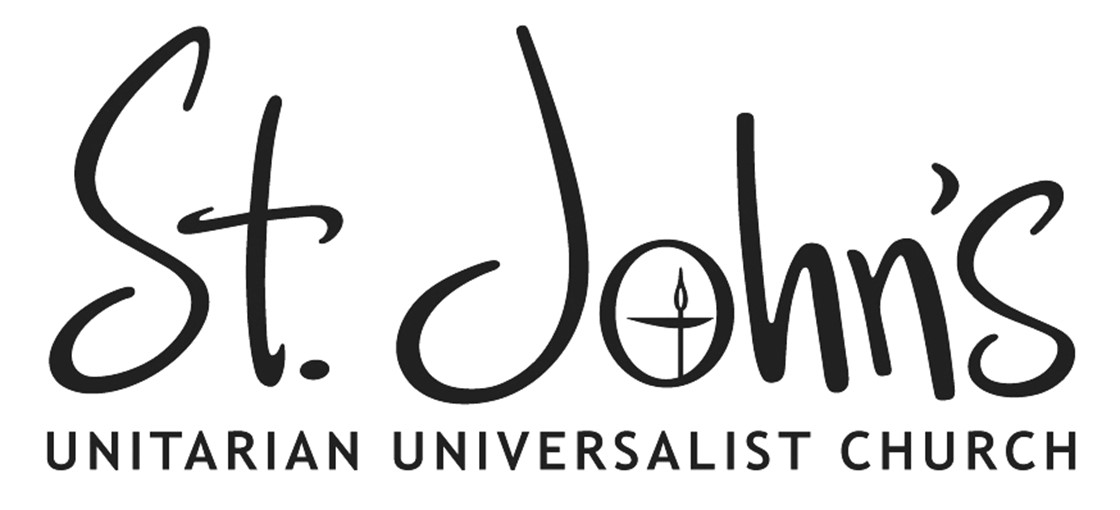My parents told me that the only thing I would ever really own was my name. My name, ordinary in other contexts, is still odd in America.
Earlier this week, I came across two powerful poets who share the story of navigating the cultures and contexts of their names. Mohammed Hassan’s poem is here:
And Marjan Naderi’s follows up with her own story here:
Both artists share so personally that I am moved to say something. I love their truth telling, their passion, their reclamation.
And, for reasons I do not know, I do not share their passion.
My mentor and good friend, Rev. Jim Bank, never said my name correctly. He substituted a short “I” sound and clipped the end. His pronunciation was technically wrong, but warm with familiarity. He brought his mid-west to my mid-east and created a new thing.
My first anthropology professor practiced my name before the semester started. She was so proud to pronounce “Hoofazaarday” correctly. She was a white woman with big blond curls and a good heart. She beamed and I could not help but to grin at how very wrong she got it. How could I resist being celebrated with such joy, such blissful cluelessness? My husband still smiles when one of us recalls that atrocious attempt.
Then there was the time I answered the phone at church and a man asked to speak with Rev. Mitra. “You got her!” I chirped. He said, “No, no, Mitra is a man’s last name. It is Indian.” I assured him I would take a number and have the real Rev. Mitra call him back.
I could tell of the forcefully charming TSA agent who blocked my way as I stepped through security. He stepped between my husband and me and stood so very close and had so many questions. He shared that he just loved my name and wouldn’t I take a minute to tell him all about it and where it came from before walking to my gate? Fury can be just as charming right back.
I love my name. I love my husband. But the only mispronunciation that bothers me is when “Jafarzadeh” is pronounced “Franseth.”
How we choose to be called is an alchemy of culture, history, deeply true identity and chosen presentation. This is true for first names, last names, nick names, pronouns, and titles. For Jim, I was Mitt-ruh. For that professor, I was “Miss Hoofazaarday,” both parts objectionable from anyone else. In written church documents, in formal meetings, I prefer to be called, in affirmation of ordination, with the title Reverend.
Please know that I enjoy the journey with you more than the destination. Rev. Mitra is always fine. Rev. Jafarzadeh is appropriate sometimes. “Pastor” works. As long as mutual respect is practiced, as long as grace and friendship endure, as long as we try to see each other clearly, I figure it is all good.
That said, please do take the time to hear the two poets above in their own words. They speak a truth that is important for all of us in healing the scars of history and bigotry.
